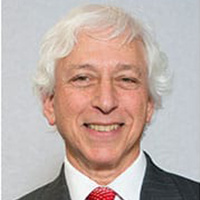Mc Afee RICO Act Lawyer, New Jersey
Sponsored Law Firm
-
 x
x

Click For More Info:
-
The Law Offices of Richard L. Cooper, P.A.
848 Brickell Avenue Suite 800 Miami, FL 33131» view mapDWI/DUI, Drug Trafficking, Felony Nationally Ranked Top 40 Under 40
With Richard L. Cooper you can expect a trusted confidant who will work diligently to fully understand your case and determine a road map to help you regain control of your life.
800-756-2781
Not enough matches for Mc Afee RICO Act lawyer.
Below are all Mc Afee Criminal lawyers.
Joel Bacher
✓ VERIFIEDCriminal, DUI-DWI, Misdemeanor, Traffic, Accident & Injury
The Law Office of Joel M. Bacher, is located in Wayne, New Jersey. For over 40 years, I have been providing legal counsel to individuals and small bus... (more)
Cynthia M. Collins
Immigration, Estate, Divorce & Family Law, Criminal, Accident & Injury
Status: In Good Standing Licensed: 41 Years
Vanessa Leigh Henderson
Criminal, Landlord-Tenant, DUI-DWI
Status: In Good Standing Licensed: 12 Years
Elizabeth Vengen
Workers' Compensation, Family Law, DUI-DWI, Medical Malpractice
Status: In Good Standing

 Richard L. Cooper Miami, FL
Richard L. Cooper Miami, FL AboutMiami Attorney at Law
AboutMiami Attorney at Law ServicesCriminal Defense
ServicesCriminal Defense



